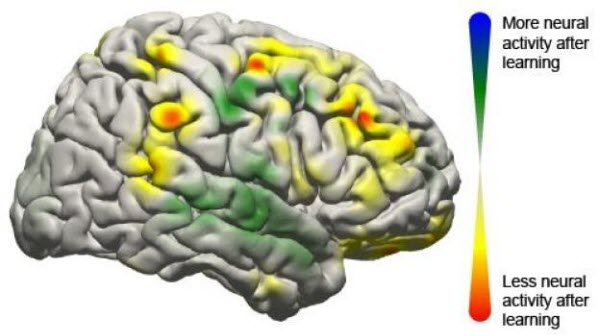It seems that mankind is about to move to a new stage of technology where we have developed sensors smart enough to monitor the impulses in the brain and apply them in the real world. This innovation may prove to be a major plus point for patients of paralysis, epilepsy, handicap and other problems where the body stops functioning.

Brain Computer Interface
This invention is a result of a study by 3 researchers- Dr. Rajesh Rao, a UW professor of CS engineering, Jeffery Ojemann, a professor of neurology and Jeremiah Wander, a doctoral student of bio-engineering.
The course of the study was as follows:
- Seven patients suffering from severe epilepsy were gathered in order to monitor them and find the exact point of origin of the seizures in the brain.
- In order to do so, the research team pierced the skulls of the patients and inserted electrodes on the top of their brain so as to sense the impulses.
- The electrodes were wired to laptops via amplifiers in order to record the observations.
- The patients were requested to move the cursor on the screen by their thoughts.
The result was that the cursor move as per the wishes of the patients after a gap of 40 milliseconds. Thus it is clear that sensors can be used to monitor brain activity and use it to solve real life problems for patients.
Furthermore, it was observed that initially the brain interferes and resists the changes, but accepts them with time. Thus, practice will make the use of these sensors smooth enough.
This innovation is on its initial stage as of yet but further research and development will enable us to bring out devices which can replace limbs in case of patients who lost them or patients who are unable t use them.
While researchers have demonstrated success in using brain-computer interfaces in monkeys and humans, this is the first study that clearly maps the neurological signals throughout the brain, reports ScienceDaily.
Leave a Reply